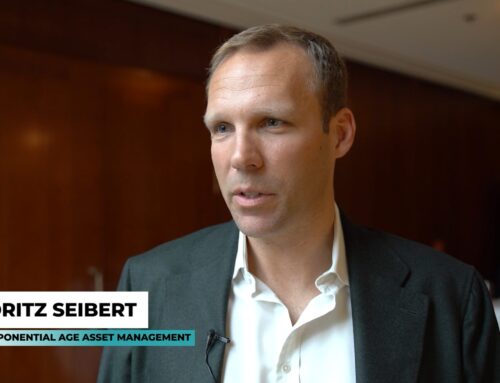Why pessimism sells but we like to be optimistic. Why you should study the Commitment of traders bible. The temptation of being a backtest billionaire.

Our first review of 2020. We really needed some drinks after this week. A commander of the Iranian forces killed by a drone strike, oil and gold advancing on these news and Australian bushfires now covering an area twice the size of Belgium. Sure, there seems to be some dispute about climate change being the cause of the fires, but at least Greta makes for some great remixes. So grab your poison and dive into our short recap.
After the depressive intro, let’s brighten your day with this excellent review on the progress that has taken place during a median-age American’s life.
2020: What a Time to Be Alive
A look at the progress that’s taken place during a median-age American’s life.
“Cumulative inflation in the five years before 1981 was more than cumulative inflation in the 25 years before 2020.”https://t.co/1Uxzp88kDy
— Morgan Housel (@morganhousel) January 3, 2020
Most important statistics for us of course who like to have as much computational power as cheap as possible:
In 1981 IBM sold its 5150 PC for 1,556, or 4,402 adjusted for inflation.
So even though pessimism sounds much smarter and also sells better
For reasons I have never understood, people like to hear that the world is going to hell, and become huffy and scornful when some idiotic optimist intrudes on their pleasure.
let’s disregard our gloomy intro and keep optimistic. Since we are already at the topic: For more optimism check out the “It’s Better Than It Looks: Reasons for Optimism in an Age of Fear” by Gregg Easterbrook.

When working in finance, I always have a kind of déja-vu moment when it comes to topics like AI or alternative data. So when a topic in the last Systematic Investor Podcast was on the useability of the Commitments-of-Traders (CoT) reports by the CFTC I listened attentively. My co-author Moritz Seibert rightfully granted liberty of alternative data usage to everyone who might feel inclined.
Nevertheless I wanted to add my 2 cents on the topic. Having been using CoT for some years in various sentiment based modeling approaches, I have seen papers pointing towards both directions when it comes to useability of the data. Just to name two examples:
- Pro: Ho, Steven Wei and Lauwers, Alexandre, Is There Smart Money? How Information in the Commodity Futures Market Is Priced into the Cross-Section of Stock Returns with Delay (2019).
- Contra: Dwight R. Sanders, Scott H. Irwin and Robert P. Merrin, Smart Money: The Forecasting Ability of CFTC Large Traders in Agricultural Futures Markets (2007)
So as always the answer is: Depends on what you are trying to forecast and how you evaluate your predictions. It’s also important to differentiate between the announcement effect around the date of publication of the reports and long-term price implications driven by information asymmetry.
What I however miss in most of the academic publications that use backtested figures is rigid treatment of the data. The thing with using alternative data is that despite having a nice and clean time-series in front of you, the devil is in the details: data revision, publication lag and change of aggregation methodology and contract specifications. Thankfully there is rescue out there: “The commitment of traders bible” by Stephen Briese.
A brief look at page 245, Appendix B: “Dodging the Pitfalls in COT Data” reveals that in fact, you should worry about the details:
Having heard about the COT data, you decide to go to the CFTC’s website, download
some files, and run a few historical tests. This has been done before, and it
is a bad idea. The CFTC has not always taken proper care of its precious data,
as the above warning—still posted at the CFTC website—attests. Reading this warning
might make you wonder what else might be wrong with the CFTC’s data base. A lot.
And indeed, it is a lot. Luckily the author does provides buyers of the book with a cleaned version of the data on his website.
So, study the bible and have fun using the data. And don’t get upset if you fail to replicate some of the papers results. I didn’t manage either.
“Backtesting billionaires” by Michael Harris puts overly optimistic backtests into perspective: Are 30% annualized returns and reaching billionaire status by trading realistic? I don’t know the answer but I tend to agree with him that it’s probably quite difficult to stay cool during a 90% drawdown. However, don’t be discouraged and as always #happytrading.





